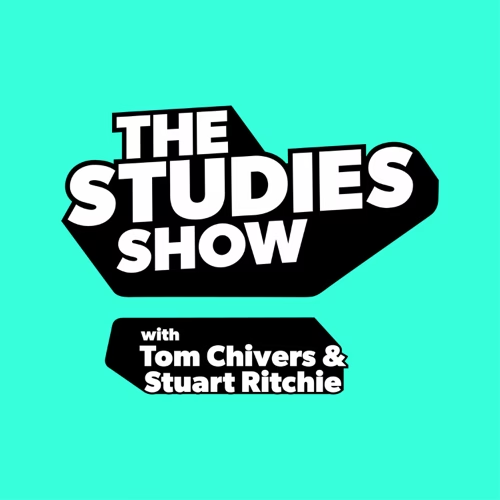
RETRACTED // In this episode of The Studies Show, Tom and Stuart discuss retraction, the process of removing articles from the scientific record. How often is it due to fraud? How many papers get retracted—and is the number increasing? Is it good or bad for a scientist to retract an article? // RETRACTED
Want even more podcasts? Now our sponsor, Works in Progress magazine, has a podcast where their editors talk to people with interesting progress-related ideas. One such person is the historian Anton Howes, who is interviewed about the unexpected origins of the Industrial Revolution in the latest episode. Find it at worksinprogress.news.
Show notes
* Retraction Watch, the extremely useful website that tracks and investigates retractions
* Science’s writeup of the long process of retracting the GFAJ-1 “arsenic bacteria” paper
* Original paper; retraction note; response from the authors
* The first known retraction, from 1755
* Retraction Watch’s discussion of it
* Adam Marcus and Ivan Oransky on tracking retractions over time
* 2022 PLOS ONE article on the number of retractions over time
* Scholarly Kitchen post on the rate of retractions over time
* Nature article on the 10,000 retractions in 2023 alone
* 2011 article on the causes of retractions
* 2012 article on the same: misconduct is found to account for the biggest proportion
* James Heathers on the disastrous story of Wiley buying Hindawi
* The retraction guidelines from COPE
* The paper with a diagram of a very well-endowed rat
* Are authors punished for retractions? Not necessarily
* Reputational advantage from correcting errors
* 2022 article on how scientists still regularly cite retracted papers (without knowing they’re retracted)
Credits
We’re very grateful to Ivan Oransky from Retraction Watch for his help with this episode. Any mistakes are ours. The Studies Show is produced by Julian Mayers at Yada Yada Productions.
This is a public episode. If you'd like to discuss this with other subscribers or get access to bonus episodes, visit www.thestudiesshowpod.com/subscribe